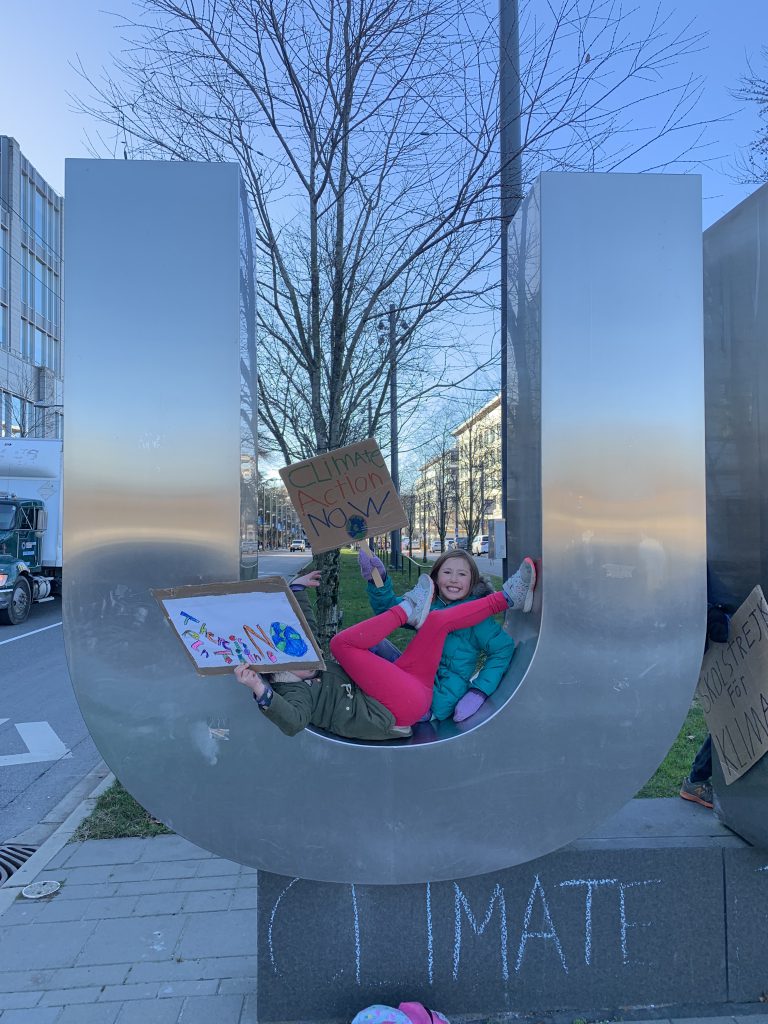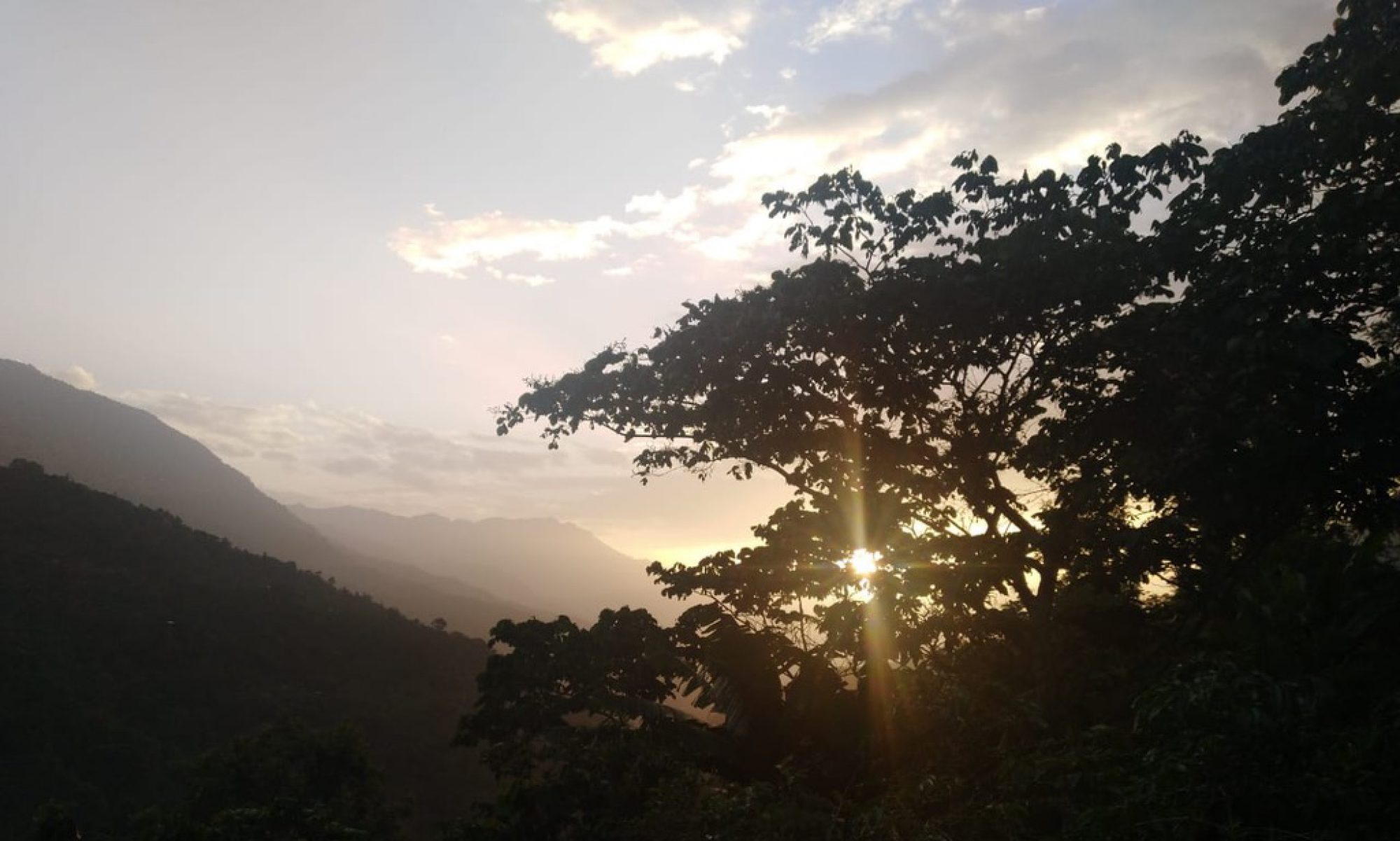I began telling my daughter a bedtime story over a year ago, initially as a way to help her bridge our life in Oslo with our life back in Vancouver; yet, this story has taken on a creative life of its own. Now, we tell the story not just at bedtime, but also while on the ski-lift or when walking to school, and she and I both create ‘chapters.’ When it is her turn, she often muses,
“let’s say that, in the story, there is no climate change.”

Each time she says that, it jolts me in two ways. First, to hear how climate change is already so salient to her at age seven that she would even think to say that; and second, to feel that the audacity of imagining a world in which there isn’t climate change co-arises with a moral imperative to create it as such.
My PhD dissertation is about how to connect those two thoughts. First, it is about how people make meaning of climate change—such as, to what extent is it salient to them, how do they construe it, and how to work with different, possibly divergent, perspectives in a social context. Second, is how might we imagine and enact a world without climate change; that is, how might we scale adaptation to set our developmental trajectory on a different tack than the current one and towards a sustainable future.
To include both living with as well as living beyond climate change, in these pages, I covered a lot of theoretical and empirical ground examining how to enact adaptation in a more transformative manner. I sought to understand what contributes to a more effective, ethical adaptation to climate change in Guatemalan coffee-producing communities, within the larger calls for transformation to sustainability. The point of departure was that climate change is as much a psychological and social issue as it is issue of natural science (Doherty & Clayton, 2011) and that it presents less a “technical problem” than an “adaptive challenge,” involving mindsets, worldviews, and values (O’Brien & Selboe, 2015, p. 2). Engaging with actors across a global value chain for coffee, I sought to understand why people make-meaning of climate change as they do as well as how collaboration might best be supported within multi-actor groups with different positions and perspectives (Hochachka, 2019, 2020, 2021). I pay substantial attention to certain domains of knowledge that are less developed in the current climate change literature, namely about human ‘interiority’ in general and meaning-making in particular. I attempt to integrate of range of key disciplines in a transdisciplinary approach drawing on integral models to do so. I also present empirical results and apply some of the key findings of this dissertation to understanding our response to another, global crisis—namely, the COVID-19 pandemic, which occurred over the final two years of my PhD program—as well as to consider applications in a global coffee value chain regarding the climate challenge.
This study leaves me less jolted by my daughter’s frank request regarding the place of climate change in our story. I am perhaps more lucid to the challenges ahead, but also more optimistic. While we have a lot of work to do to more adequately meet the climate challenge right now, nevertheless I feel more honestly able look her in the eye, not knowing whether we will indeed manage to enact a world without climate change but knowing there is little else that makes moral sense than to try.
